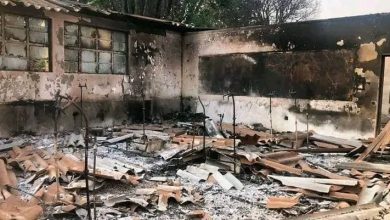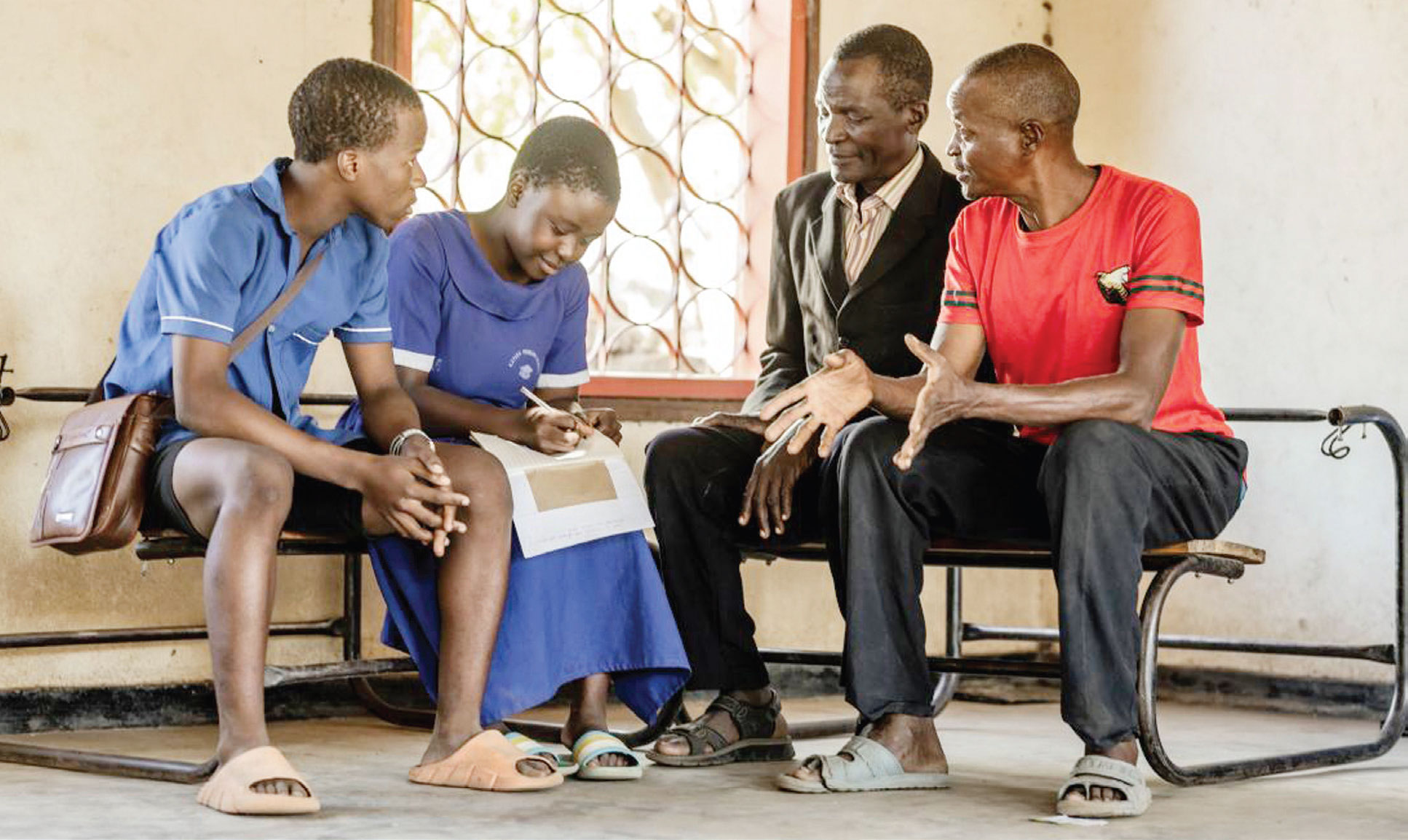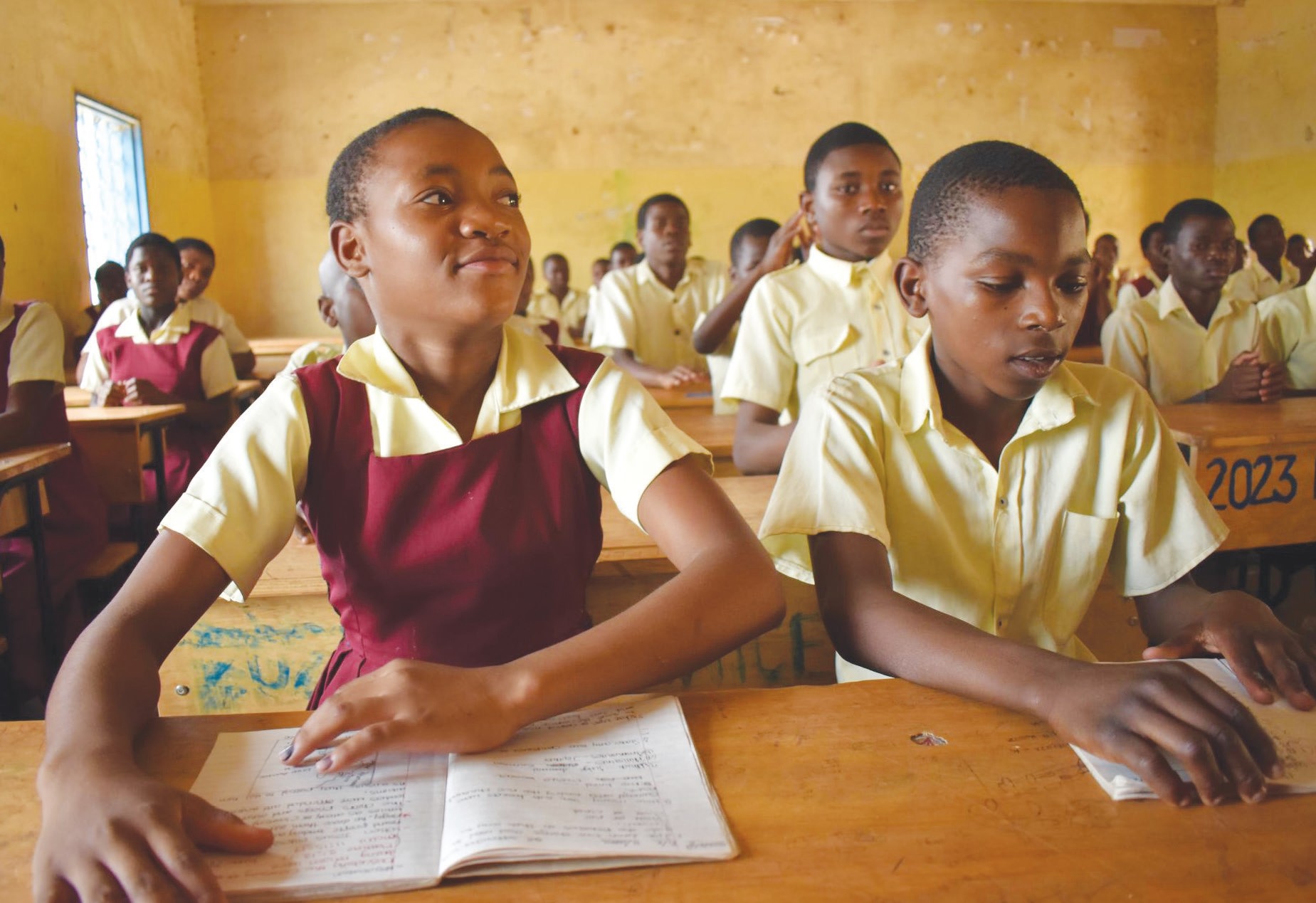When student camps light up futures for remote pupils
Justin Chikumba, 34, from Chinkutika Village in Ntcheu is married and has three children. A Form Three drop out, Chikumba dreamt of becoming an electrical engineer.
His dream was inspired by a French electrical company called Cégéléc which had been contracted to construct the Tedzani-Kanengo overhead power line in the 1990s. The company was operating from his vicinity at Bubuwa Village near Bawi along the Ntcheu-Balaka Road.

“I was still in primary school then and it was always a marvel to watch those men hanging up on the towers, fixing electricity lines. I instantly wanted to become one myself,” he says.
But that was not to be.
Today, he reluctantly does subsistence farming for a living.
Chikumba attributes his failure to realise his dreams to the death of his father, a move that ensured he could not further his education due to poverty.
Kalondolondo Programme—an initiative under the consortium of Plan Malawi, ActionAid and DfID—that evaluates various public works programmes, recently gave some statistical data to help authenticate his claims.
Kalondolondo programme manager Jephter Mwanza said chances a student learning at a rural community secondary school to further his or her education are slimmer as compared to their counterparts in an urban setting.
“The chances are about 20 percent if you are a boarder in rural areas and less than two percent when one is on self-boarding for boys. Only one percent of the girls on self boarding in these areas have a chance of succeeding in their education,” says Mwanza.
When asked to expound on the findings, Mwanza said: “Boarders learn better as they have better concentration and benefit from extra and make up classes. Self boarders have the burden of poor accommodation, lighting and food and even sickness from diarrhoea and malaria that affect their studies.
“For girls, the main problems that come with self-boarding are sexual harassment, pregnancies and neglect by parents. In 135 schools of study, only one self boarder girl made it to college,” he explains.
This is probably one of the reasons the United States Peace Corps came up with the idea of Camp Sky, a study camp where needy students are supported in their studies. The initiative has been running in the country for the past 10 years.
With funding from community donations through a link on the Peace Corps website, as well as various fundraising activities, each year the camp targets high achieving students in community day secondary schools (CDSSs). The programme is volunteer-led and attracts 80 Form Four students from 30 rural CDSSs nationwide.
In the recent past, Peace Corps volunteers that work with such rural schools and local staff identified top performing and most motivated Form Four male and female students at their respective schools to apply to Camp Sky. The week-long event will be held at Kamuzu Academy in Kasungu from March 28 to April 4.
Peace Corps education volunteer and programme coordinator Christine Serwan says each student attending camp will be provided with a ‘Sky Manual’ to take back to their schools.
“We believe these camps instil a sense of hope, positivity, and the idea of a bright future for these individuals.
“The manual will include activities carried out at camp that the students can share with their fellow classmates that did not have the chance to attend—activities including MSCE prep work, team building, gender empowerment discussions, goal setting sessions and HIV and Aids education, among others.”
Youth Empowerment and Civic Education (Yece) executive director Lucky Crown Mbewe, says for a nation to develop, the drive must come from within the country’s people.
“It is important to be the change you wish to see, and we hope our students realise that they have the ability to help others and make positive changes for their nation, no matter where they are coming from,” Mbewe says.
Mwanza added that if such gestures are promoted, secondary school students will be exposed to opportunities of academic excellence; giving hope to students in rural areas to transform their lives.
As of last year, there were 127 Peace Corp volunteers in the country working in areas of education, environment, agriculture and health. Over 2 685 Peace Corps volunteers have served in Malawi since the programme was established in 1963. n





